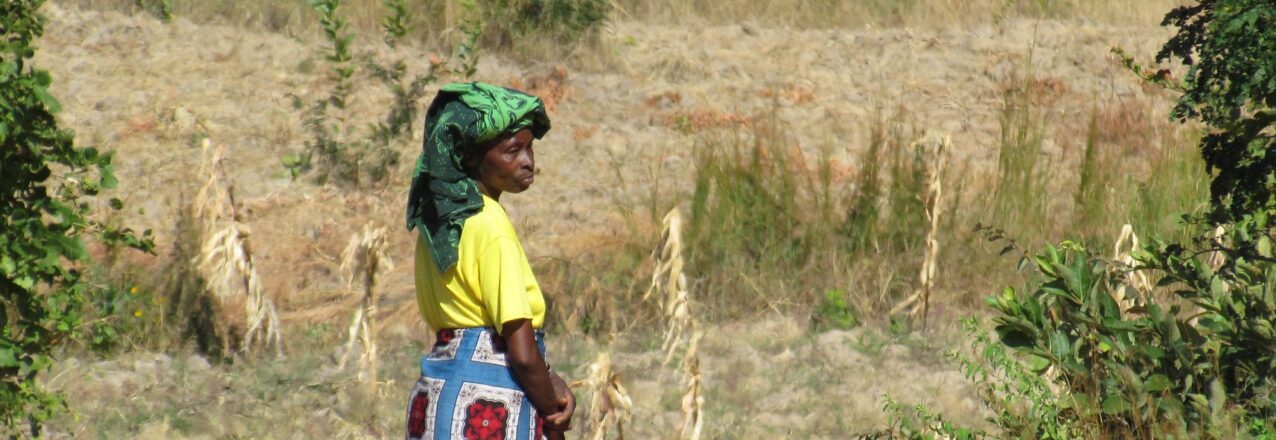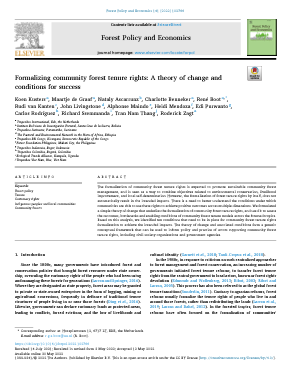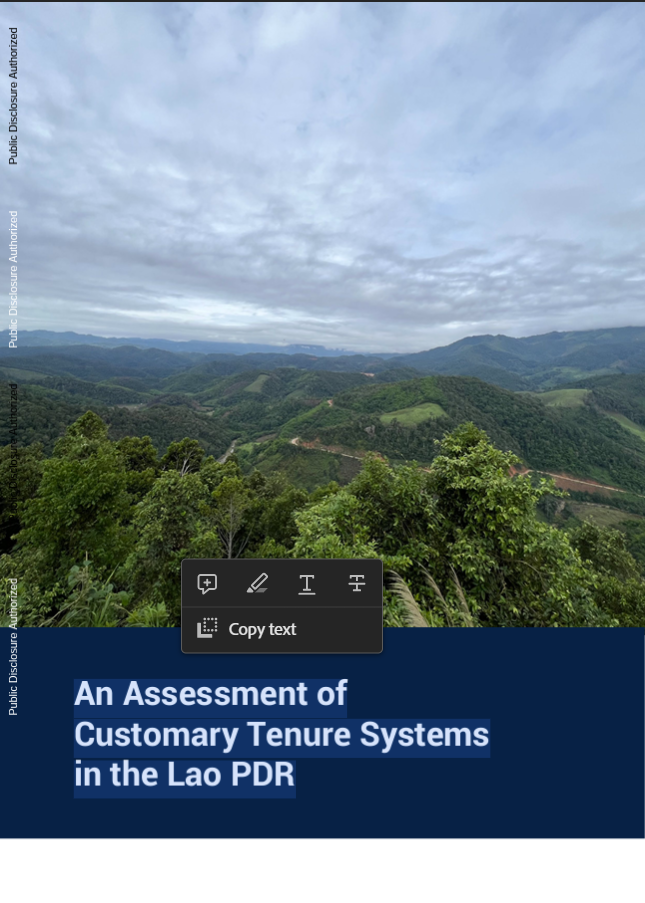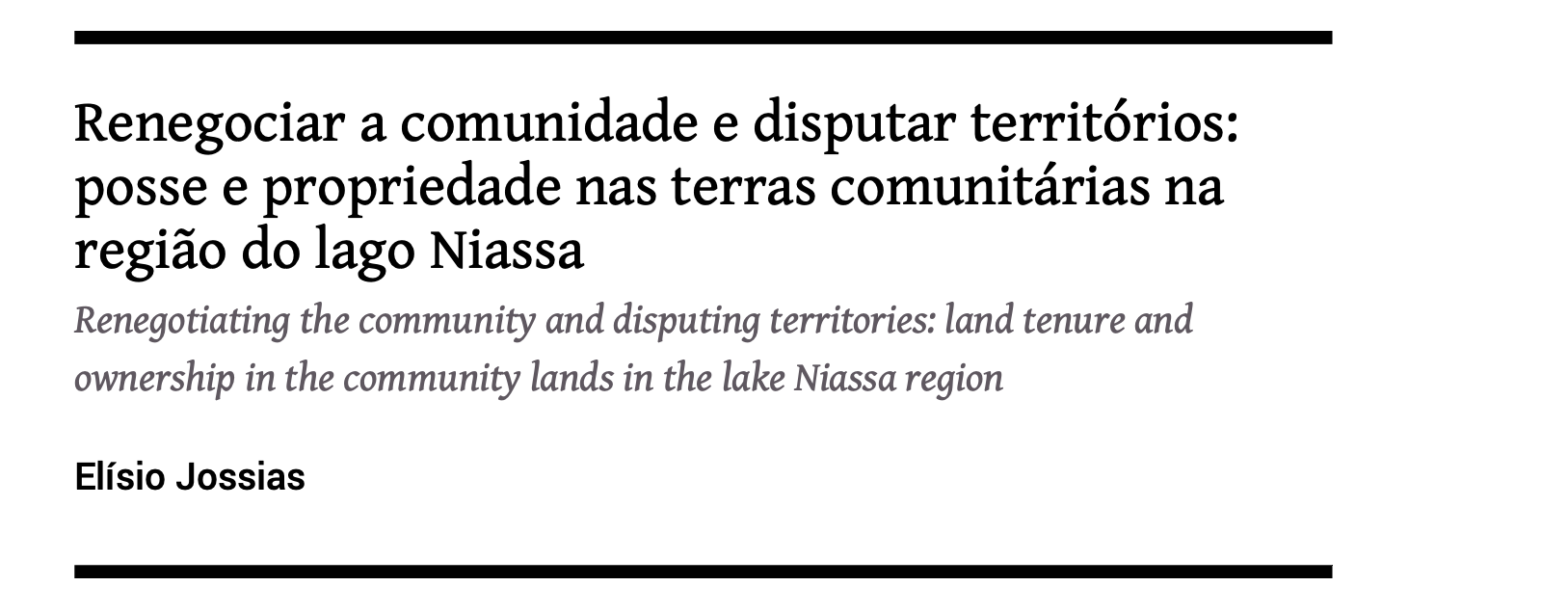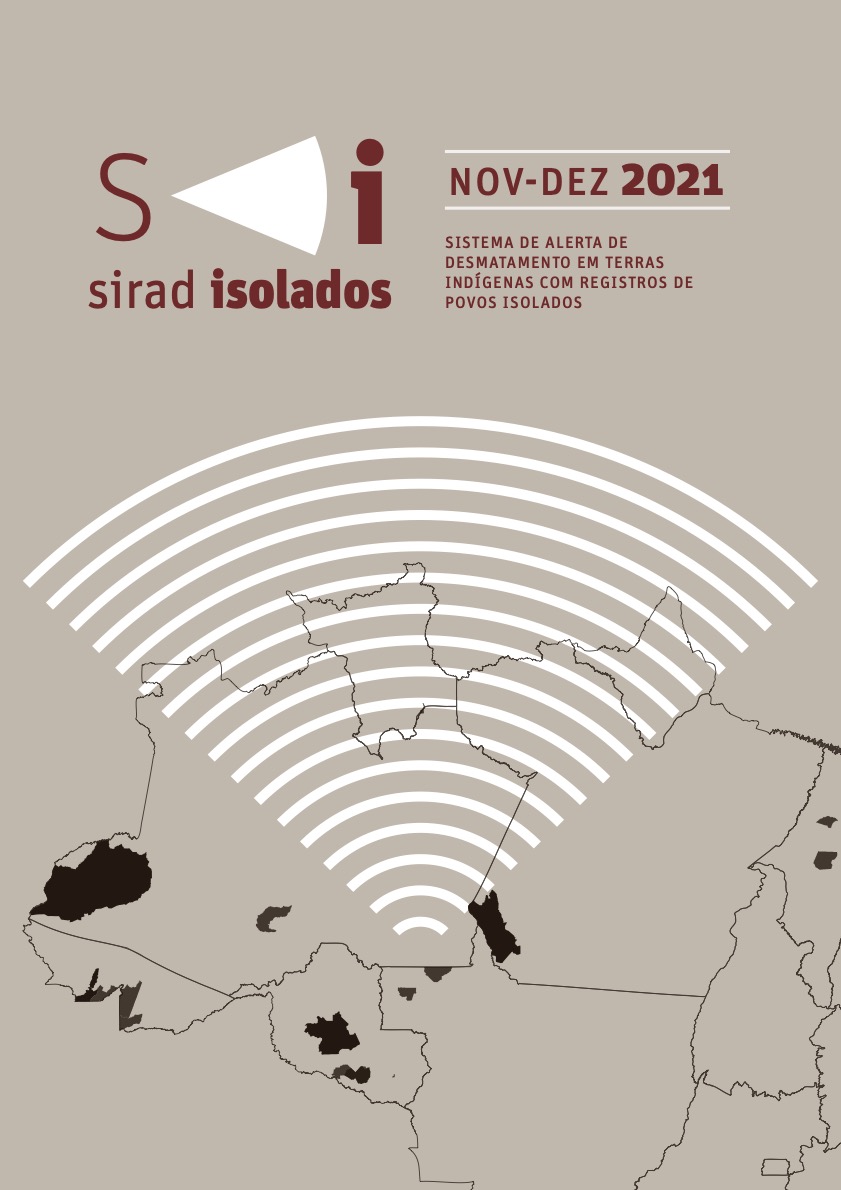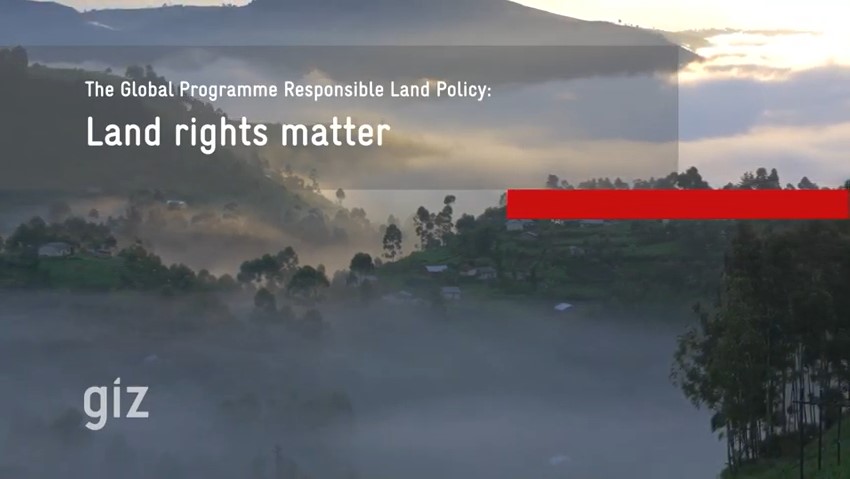Targeted Study on the Role of Customary Land Formalization in Women's Economic Empowerment
This report presents the results of a mixed-methods study on the role of customary land documentation in strengthening Women’s Economic Empowerment (WEE). The overarching purpose was to help fill critical knowledge gaps on if and how strengthening women’s land rights via formalized customary land documentation affects their empowerment and economic growth, with a specific focus on women’s access to credit and other financial services, land investments and income opportunities.

